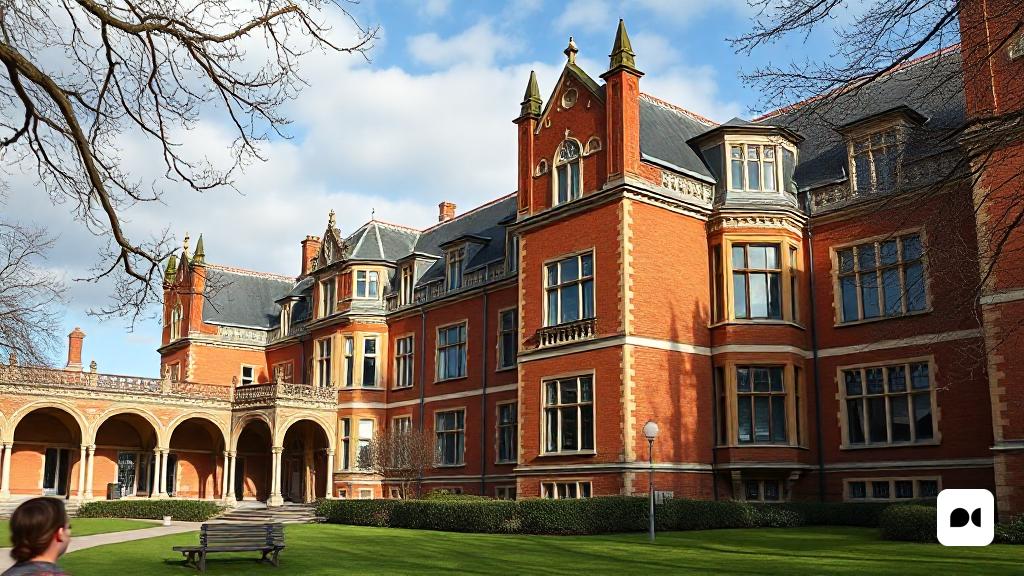A Return to the University Past
After two decades, I returned to the University of Southampton, where I spent thirty-five years in the Department of Modern Languages. This institution occupies the eightieth position in the world ranking, and my time there was marked by innovation in language teaching. In the 1990s, we made a significant shift, leaving aside ancient languages and literatures to focus on contemporary subjects such as cinema and linguistics.
An Uncertain Future for Modern Languages
On my visit, one of the librarians surprised me with a disturbing comment about the future of modern language books, which he said would soon be recycled. This claim led me to investigate further and, after contacting the library managers, I discovered that it was actually intended to ‘refresh’ the collection. Some books would be kept, others would be deposited and a few would be put up for sale.
Alarming decline in the Study of Foreign Languages
A recent article in the Sunday Times revealed a worrying trend: enrollment in languages such as French has fallen dramatically, from 22,700 students to just 6,500 in less than three decades. Although interest in Spanish has grown, the number of students opting for languages such as German is so low that it has become a curiosity compared to teaching science subjects.
Reformulation of Study Plans
The situation is complicated by the 2004 decision not to require the study of a modern language during secondary education. This has led to the closure of fourteen modern language departments in British universities, leaving only a tiny number of students interested in these disciplines at prestigious institutions such as Oxford and Cambridge.
Innovation and Adaptation to New Realities
Despite the drop in enrollment in traditional languages, some universities have chosen to adapt. In Birmingham, for example, they offer courses such as ‘Conflicting Identities in Spanish Cinema’, while in York themes of intercultural communication and decolonization are explored. This modernized approach tries to make the study of languages more relevant to new generations.
English as a Central Axis
English, on the other hand, remains the predominant language in Southampton, with thousands of Chinese students preparing for Masters courses in English. This dynamic reflects the global trend where English is consolidating as the lingua franca, while other languages fall into disuse. In the context of Brexit, this phenomenon can lead to a British society with a monolingual and undiverse profile.
Perspectives Globals i Locals
At European level, 84% of primary school students learn English, while other languages such as French and German are taught to a much smaller proportion. This inequality in foreign language teaching reflects a need to rethink language education in the UK and to consider the impact it may have on the future of international relations.
The reality of the Catalan Countries is also affected, with English and Spanish dominating as the languages of communication between tourists and immigrants. Thus, the linguistic landscape continues to evolve, with the urgent need for a new perspective on language learning and its importance in an increasingly globalized world.

